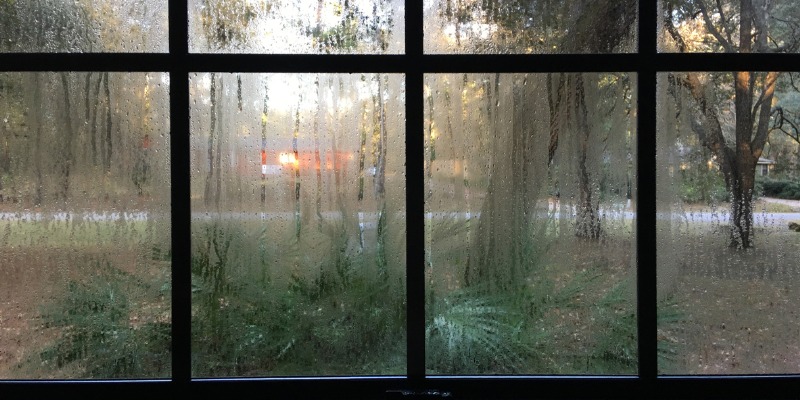
In Canada, in the spring and summer, our humidity rebounds from the winter lows. In many homes, humidity levels get too high. This can spur mold growth, undermine your respiratory health, damage different parts of your home, and cause other negative impacts. However, not all homeowners know how to identify humidity that is too high, and how they can resolve the issue for the long term. Here are the signs of high humidity and what you can do about it.
The Signs of High Humidity Indoors
Here are some of the signs that your home has too much humidity:
- Condensation: Droplets of water collecting anywhere in your home may be due to high humidity. Take a look at your windows, walls, tiling, and ceiling for wetness.
- Mold growth: Mold grows in wet conditions, so if your home has mold growth, then it is likely that your humidity levels are too high.
- Musty smell: Not all mold growth is obvious. A musty smell is generated by mildew growth. Hidden mildew can still be very smelly and it’s a sign of high humidity.
- Floorboard problems: Hardwood flooring suffers when humidity is too high. Swollen boards, excessive creaking, and softness are all a sign that your flooring has been exposed to humidity.
- Peeling paint: Has your paint started to peel off furniture, cabinetry, or your walls? Peeling paint can be a sign of high moisture.
- Discoloration and spots: Even after things dry off a bit, moisture will leave behind signs that it was there. Discoloration on anything, from your walls, ceiling and floors to furniture, could be a sign of water damage caused by high humidity.
Is your home really humid? At D & B ClimateCare, we can help with your humidity issue. Contact us today to learn more!

How High Humidity Can Affect Your Health
There are also ways that having high humidity in your home can affect your health:
- Dehydration: Having too much moisture in the air can actually remove moisture from you, by making you feel overheated and sweat more.
- Infection risk: High humidity can increase your risk of skin and other infections. Especially fungal infections.
Fixes for High Humidity
What should you do if you have high humidity in your home? Here are a few solutions:
- HVAC equipment: Get underlying moisture problems of HVAC units fixed. Especially air conditioners can frequently create moisture issues.
- A dehumidifier: Use a dehumidifier to bring down humidity levels. Be sure to turn it off when levels drop naturally in the winter.
- Fans and vents: Local ventilation at sources of humidity can also help. If your bathroom or kitchen is creating humidity, have a fan system installed in it.
Your home should be a comfortable space. If you are dealing with high humidity levels in your home, contact our experts at D&B ClimateCare today.






